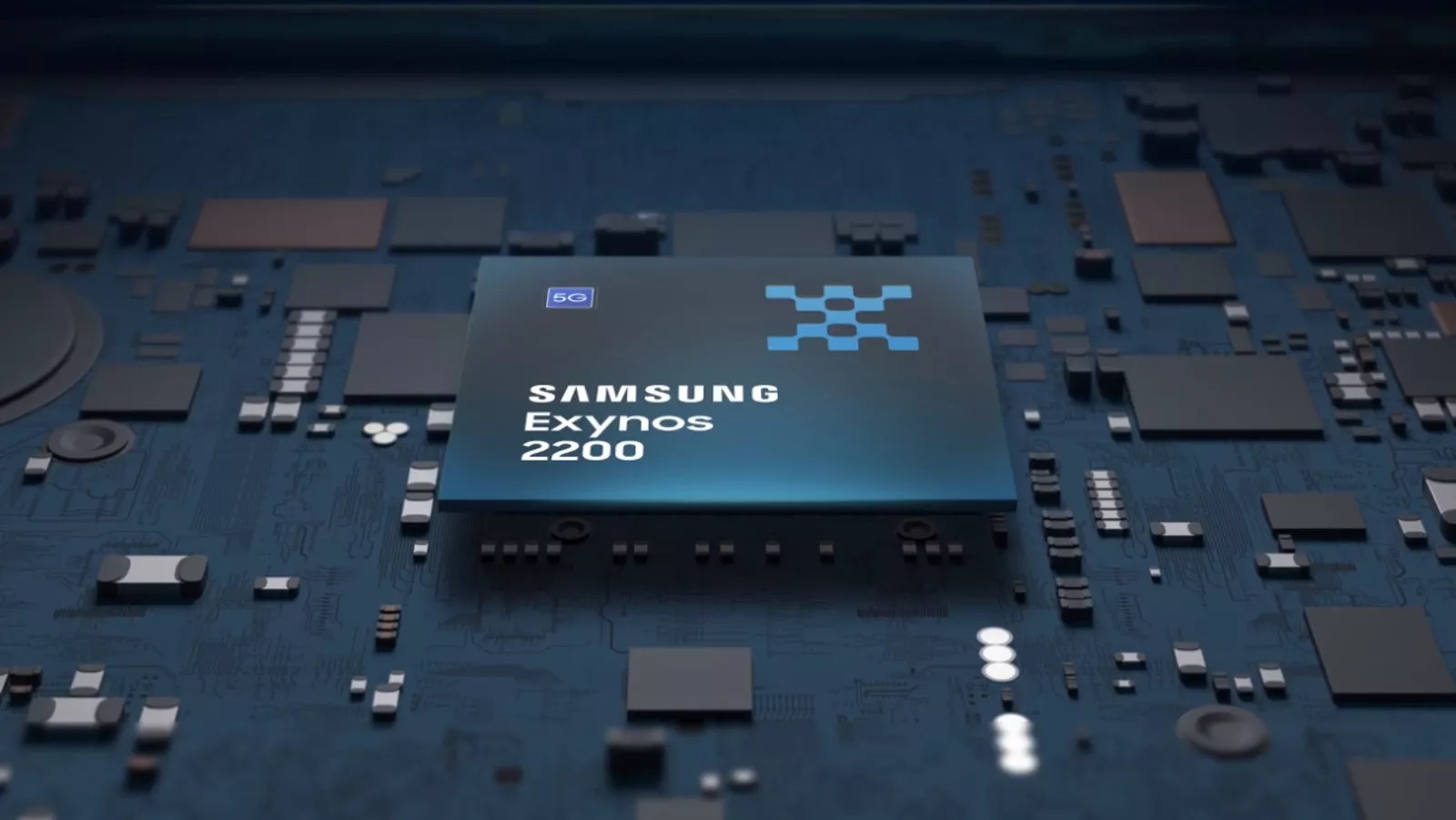The Samsung Galaxy S23 is getting an enormous upgrade in Europe and Asia


When it launches in Europe and Asia early next year, the Samsung Galaxy S23 may not include one of the most familiar Samsung Galaxy features: Samsung's own Exynos system on a chip. That's according to analyst Ming-Chi Kuo, whose latest briefing says that Samsung is going to drop its own silicon in favour of Qualcomm's Snapdragon.
That's great news for Samsung fans who don't live in the US: while US customers buying phones such as the Samsung Galaxy S22 and the Samsung Galaxy S22 Ultra have been getting Qualcomm processors for years, other territories haven't been so lucky. While Samsung's chips have been good, Qualcomm's ones have been better in key respects – so for example if the Snapdragon wasn't quite as quick as the Exynos it was more energy efficient, or more stable when pushed hard in gaming.
It's an interesting move by Samsung, though, which has typically had an Apple-like focus on wanting to own the key technologies that its products depend on. So why is it considering abandoning its own silicon?
The short answer: the Exynos is good, but it isn't good enough.
Why Samsung may stick with Snapdragons for the Galaxy S23 onwards
According to Kuo, the S23 "may not adopt Exynos 2300 made by Samsung 4nm because it can't compete with SM8550 in all aspects". The SM8550 is the next Qualcomm flagship system on a chip, the Android equivalent of the A16 processor we'll see in the pro versions of this year's iPhone 14, but it may not mean the end of Samsung silicon altogether: according to 9to5Google, earlier this year Samsung Mobile's president said that the form is working on a new application processor that'll be unique to Samsung Galaxy smartphones. However, there were no more details – the comment was made in response to an employee asking how Samsung would move past the throttling PR disaster surrounding the Exynos 2200 – and we have no way of knowing whether that chipset exists in anything close to its final form. Or if it even exists yet.
For now, then, it looks like the best Samsung phones of 2023 – which are likely to be up there with the very best Android phones and the best phones generally – are going to be packing next-gen Snapdragons rather than Samsung silicon. They might not be Samsung's chips, but they're the best chips Samsung can put in its phones for the foreseeable future.
Get all the latest news, reviews, deals and buying guides on gorgeous tech, home and active products from the T3 experts
Writer, musician and broadcaster Carrie Marshall has been covering technology since 1998 and is particularly interested in how tech can help us live our best lives. Her CV is a who’s who of magazines, newspapers, websites and radio programmes ranging from T3, Techradar and MacFormat to the BBC, Sunday Post and People’s Friend. Carrie has written more than a dozen books, ghost-wrote two more and co-wrote seven more books and a Radio 2 documentary series; her memoir, Carrie Kills A Man, was shortlisted for the British Book Awards. When she’s not scribbling, Carrie is the singer in Glaswegian rock band Unquiet Mind (unquietmindmusic).
